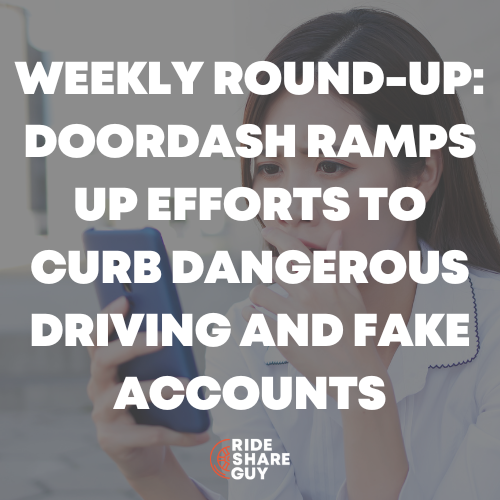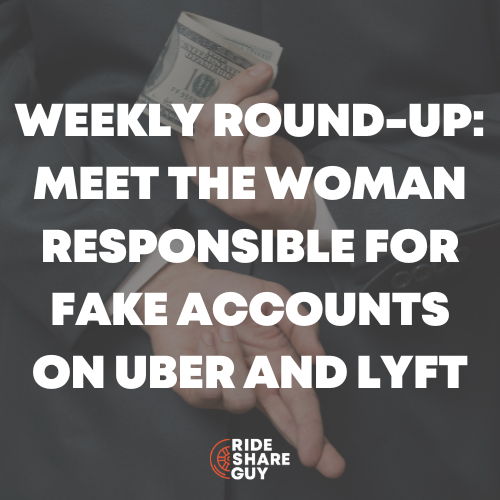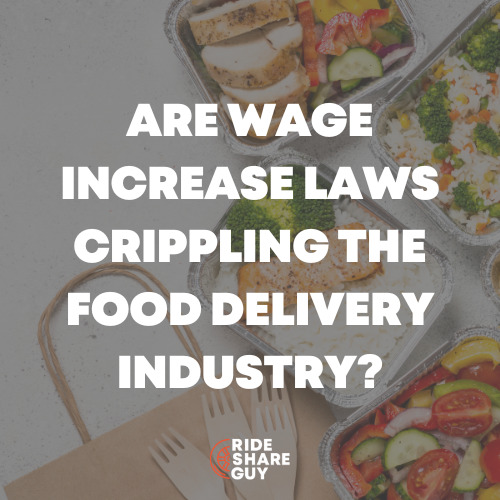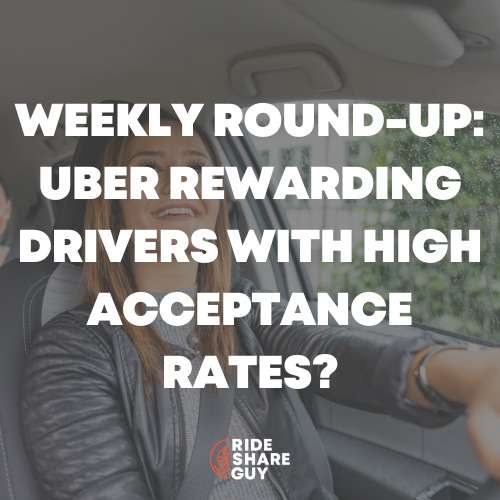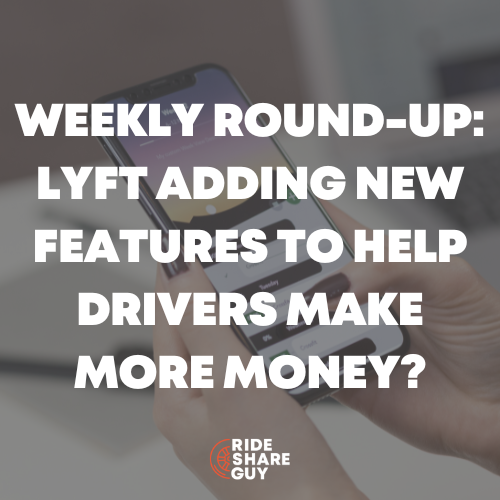The biggest news to come out of this week was a new Federal proposal to turn gig work on its head by making gig workers employees rather than independent contractors. Keep reading to learn more in this week’s roundup with senior RSG contributor Paula Lemar.
Biden Proposal Could Lead to Employee Status for Gig Workers (NY Times)
Summary: The Labor Department on Tuesday unveiled a proposal that would make it more likely for millions of janitors, home-care and construction workers and gig drivers to be classified as employees rather than independent contractors.
Companies are required to provide certain benefits and protections to employees but not to contractors, such as paying a minimum wage, overtime, a portion of a worker’s Social Security taxes and contributions to unemployment insurance.
The proposed rule is essentially a test that the Labor Department will apply to determine whether workers are contractors or employees for companies. The test considers factors such as how much control workers have over how they do their jobs and how much opportunity they have to increase their earnings by doing things like offering new services. Workers who have little of either are often considered employees….
My Take: RSG’s readers took to Facebook to share their opinions on this news. Here’s a peek at what they had to say.
Steve had a long statement about the “testing” that will be done to determine which should be employees and which should remain independent contractors:
“I’m wondering what will be the test for ‘economically dependent’… likely full time or X percentage of income from Uber, Lyft, DD, etc. If this is the case, and if it’s limited to that group, I wholeheartedly agree with the proposed rule. Having done this PT for six years, I am appalled at how horrendously exploitative gig work is to those who heavily rely upon it to pay for rent and food. Too many of these drivers are uneducated and/or immigrants who lack a basic understanding of business/independent contract principles, and are therefore easily manipulated into working for low pay and small margins… a huge reason these corporations have gotten away with cutting pay over the years. In addition, (reliant) gig work promotes poverty long term and higher costs to governments, health care systems, etc. and ultimately to taxpayers.”
Christopher said, “The gig companies brought this on themselves by denying drivers equity, even as independent contractors. Your employment status isn’t as big as getting the share of earnings you deserve, since you provide the service and Uber just provides the platform for the transaction. None of these gig companies are supposed to be profitable, because they’re exploiting those who own the actual assets and provide the actual services their platform simply shares. The actual service providers are the only ones who are supposed to be making money. And that’s what I’m going to bring to Chicago, my Hometown.”
While Dean takes the stand that, “They are gonna kill the gig economy. People love the flexibility to work when/where they want and take the orders they want and reject the ones they don’t (non-tippers).”
However, my favorite comment of the group had to be from Larry who said, “They’re like the dwarves of middle earth. Got to greedy and dug too damn deep. Awakend the dreaded Balrog aka. The federal government.”
One thing I think everyone can agree on is, if this proposal passes and is implemented, gig work will never be the same again. For good or for bad.
Meet the App That Helps Gig Workers Know How Much They Really Make (NY Times)
Summary: Uber says its drivers average $30 an hour. The delivery service DoorDash says its drivers make at least $25. In reality, many of their drivers aren’t sure how much they make when taking all their costs into account.
David Pickerell discovered this while working as an operations manager at Uber from 2015 to 2017. It didn’t seem fair, he said, that drivers didn’t have access to the same information he had sitting behind his computer.
“The information is there — we’re just not empowering people,” he said. “Why wouldn’t we tell the driver and help them with that math?”
So Mr. Pickerell left Uber and built his own app, Para. Released last year, the free app aims to give gig economy workers more information about their work to help them maximize their earnings — even as the platforms that dispatch them resist….
My Take: Read the whole article to see Harry’s take on the relationship between the platforms and their drivers, as well the Para app as a whole, and other helpful apps that are geared toward making drivers’ lives better and easier.
Lyft exec was wrong about driverless vehicles — but he still believes in their potential (CNBC)
Summary: In 2016, Lyft co-founder John Zimmer predicted most of the company’s rides would be self-driving within five years, a transformation that would largely eliminate the need for costly drivers.
Today, the ride-hailing company is still nowhere near that milestone, and Zimmer, Lyft’s president, isn’t saying when he thinks it might come to pass. But he still believes self-driving vehicles remain a critical part of Lyft’s future.
“I really think in the next two to three years that kind of actual no driver, driverless vehicle will be something you can order pretty easily on the Lyft platform,” he told CNBC last week in Detroit.
Zimmer, acknowledging that he already got it wrong once, declined to speculate on when a majority of Lyft rides would be offered without a driver.
Along with companies including Uber, Tesla and General Motors, Lyft has come to realize that taking the driver out of driving could take years, if not decades….
My Take: I’m glad that someone is finally admitting that autonomous driving is going to take longer to implement than they originally thought. I always said there was no way it was going to happen on the accelerated timeline all these companies claimed they’d be able to stick to.
Not only was the technology not there yet, but also everyone seems to think the general public will gladly get into a vehicle driven by nobody, without even batting an eye. While that may be true once more testing has been done, as of right now, I don’t know many people personally who would jump at the chance to get into a vehicle without a driver, or at least without someone behind the wheel, monitoring the driverless vehicle.
And of course, the recent hack that happened in Moscow would make me inclined not to get into a vehicle that could be hacked and rerouted.
Are you ready to get into an autonomous vehicle? Do you think Uber is responsible for the cyclists death? Share your thoughts on this week’s news in the comment section!
-Paula @ RSG
